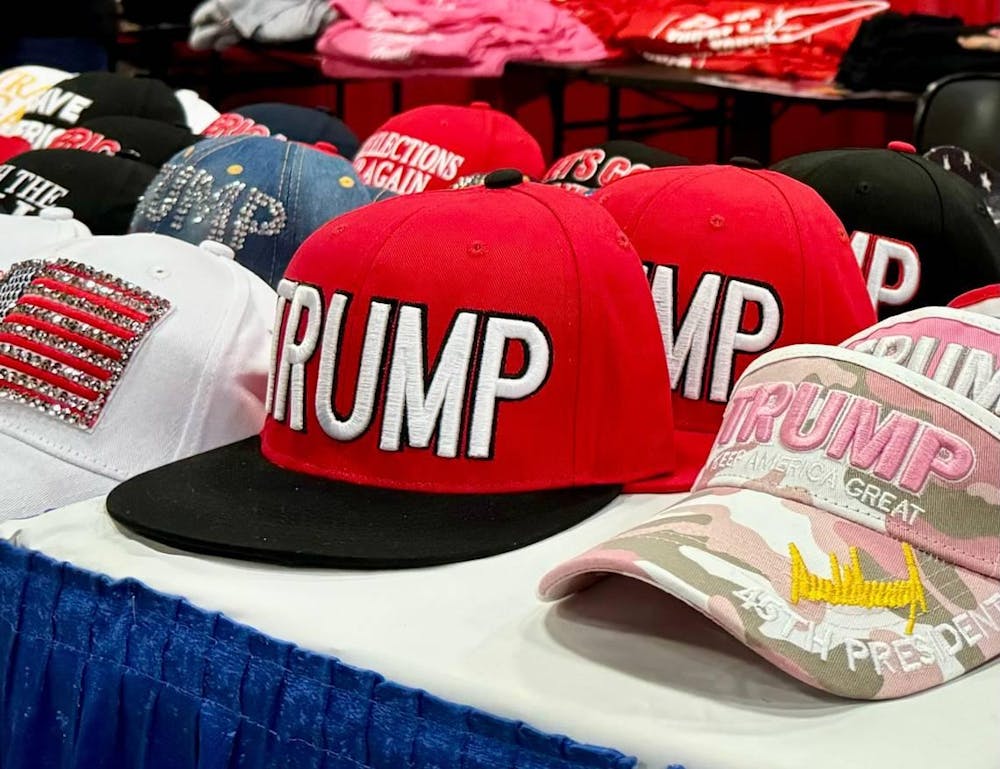The polarization of America has reached a critical juncture. It’s not conservative versus progressive — it’s men versus women. The lead-up to Election Day has foreshadowed one of the steepest gender divides in presidential history. 67 percent of women are likely to support Democratic candidate Kamala Harris. That number is 30 points lower for their male counterparts.
Dangerous conservative rhetoric has been exacerbated by radically conservative politicians and alt-right influencers, while hypermasculinity and violence toward women have been normalized to a detrimental extent.
Of course, there will be male voters who gravitate toward the Trump-Vance campaign because of radical and sexist beliefs, and many men won’t vote for Kamala Harris just because she is a woman. But, we should be significantly more concerned with voters who don’t identify with radicalism yet gravitate toward conservatism simply to belong. The political left has stagnated men’s involvement and we have almost entirely abandoned their case.
Platforms revolve around rhetoric, and the Harris-Walz campaign’s appeals to men have been practically non-existent. It appears that in the wake of striving for equality — and in the process of advocating for women’s issues, queer issues and other forms of social justice — we have forgotten what equality truly looks like.
Even in a recent Instagram post and public collaboration with former president Barack Obama calling for the votes of Black men, Harris was clearly resorting to last-ditch attempts, likely only after polling indicated a significant decrease in anticipated support.
This political cold-shouldering should not have been neglected, and certainly not for this long. It is entirely unreasonable of the left to expect support from those who they do not turn their ears to. The inference of male support is not only unjust, but lacks sound political strategy.
Let me be clear — women are certainly still fighting their way up from the bottom. Across the world, and even across the country, men are still holding the reins to much of our societal and political control. It is a fair evaluation that women and nonbinary people have been historically underrepresented in practically every meaningful sphere and that each dollar of rhetoric funneled into achieving gender equity was well-spent.
But in very meaningful ways, modern American women are doing significantly better than our male counterparts; women are now more educated than men, more satisfied and more socially connected. We are also more likely to exercise our right to vote. The fight for liberation is not over, but we have seen and taken great strides.
At the same time, broad plights impact American men of all ages: loneliness, an uptick in suicide rates, dwindling familial involvement and ever-increasing dependence on illicit substances. These are not self-solving problems, nor do we have any hope of solving them if we continue to turn a blind eye.




